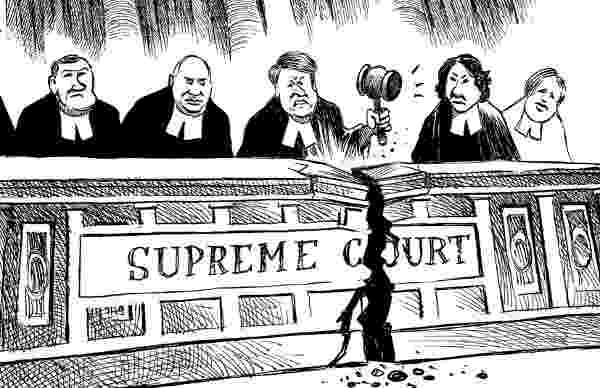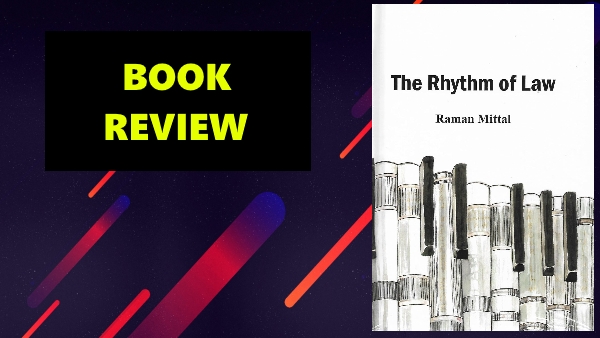Khan Gul vs Lakha Singh Case dealt with “Equitable Jurisdiction” which was initially developed on various principles of equity and its purpose was to provide fair and reasonable remedies to people, keeping in mind the intention of both the parties. Because of which when it was settled law that a minor’s agreement is void and principle of restitution cannot be applied in such circumstances the court diverted from the view and held that when the minor deliberately misrepresents himself as “adult” and enters a contract, the fair and reasonable action would be to exercise its equitable jurisdiction and apply the principle of restitution.
BENCH
Sir Shadi Lal C.J, Justice Broadway, Justice Harrison, Justice Tek Chand
RELEVANT PROVISIONS
Indian Contract Act: Section 10, section 11, section 65
Indian Evidence Act, 1872: Section115
FACTS
- The defendant (minor) intentionally misrepresented himself as an adult and agreed with the plaintiff for the sale of his property.
- The plaintiff paid him a certain sum of money and was ready to pay the balance amount, but the defendant refused to furnish the possession of the property to the plaintiff, which led to this case.
ISSUE
- Whether the doctrine of estoppel applies to minors?
- Whether the defendant can refuse to perform his part of the contract and additionally keep the benefit (consideration) received by him?
RATIO DECIDENDI
- The courts analyzed the interpretation of the term “Person” stated in section 115 of the evidence act which deals with the doctrine of estoppel. It is a rule in interpreting a statute that when a general principle is incompatible with a special principle then, that special principle must be considered as an exception to the general principle consequently after intense analysis, the courts considered the law of estoppel as a general principle and as the section 11 of contract act which was created by legislation particularly to protect minors as a special principle.
- And while application of general principle “doctrine of estoppel” the minors would be exempted from the general rule.
- Courts also examined the case of Mohori Bibi vs Dharmodas, which also stated that the law of estoppel cannot apply to minors but the case did not deal with the subject, as it was not that case. Regarding the second issue, the court observed that under English law, if a minor/infant misrepresenting himself as an adult persuades another party to enter the contract, the minor will be liable neither for breach nor for damages in tort law. But the same would activate the equitable jurisdiction of the court. As per the rule of equity, no person could take advantage of his own fraud.
DECISION
- The courts concluded that the doctrine of estoppel cannot apply to minors as it would cause absurdity and injustice.
- The court relied on Jenning v. Rundall which stated that protection provided to minors should be used as a shield and not as sward, therefore exercising their equitable jurisdiction the courts restored the status of both the parties which they possessed before the formation of contract and stated “it would be sheer injustice if an infant keeps not only property but also the money received under the contract. As the transaction is wiped out is only fair that both parties should revert and in this case, restitution is not provided because there is a contract instead it is provided there is none and both parties should revert to original status”.
BEST BOOK FOR CONTRACT LAW: Contract Law by RK Bangia (Latest Edition)






